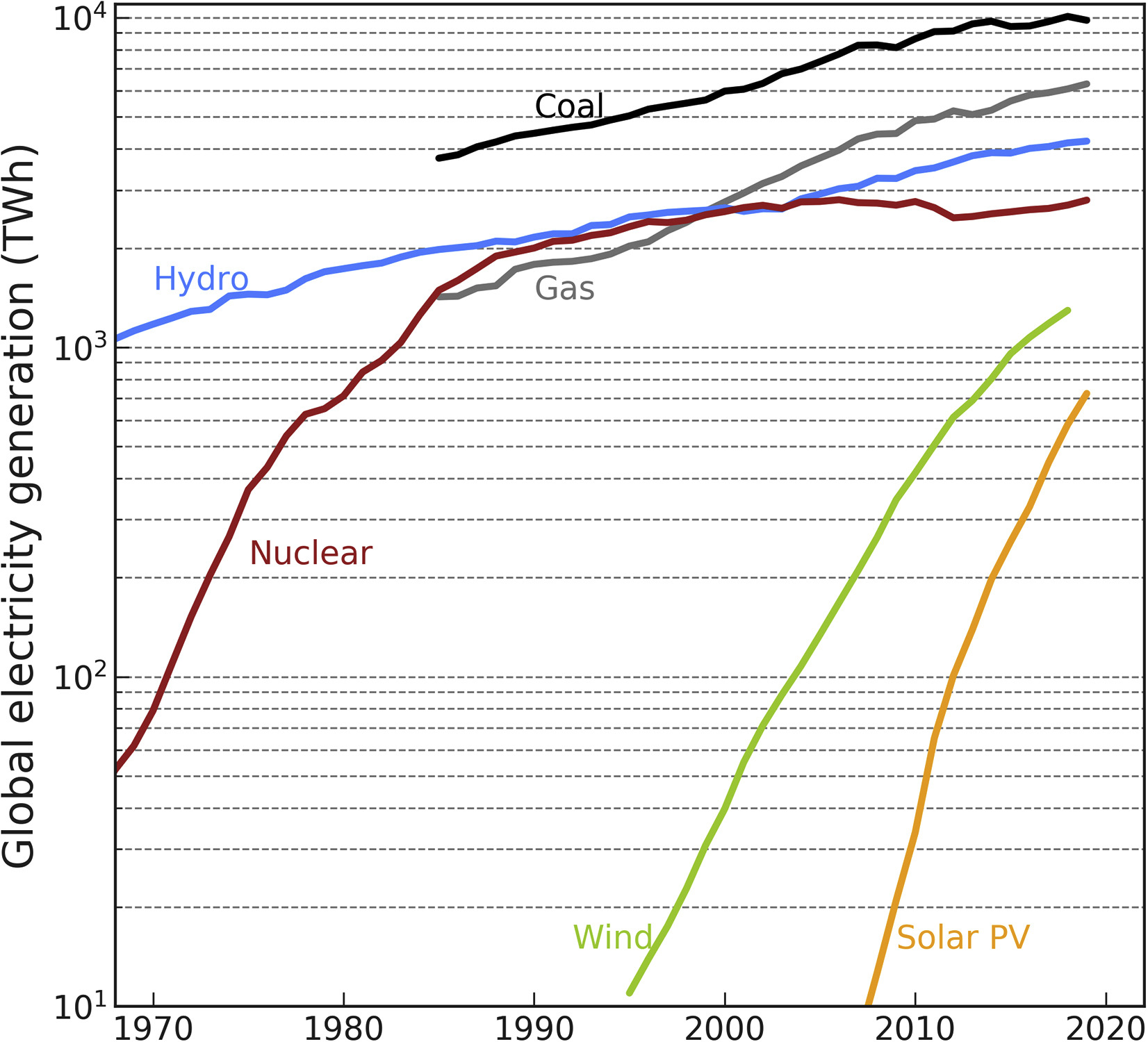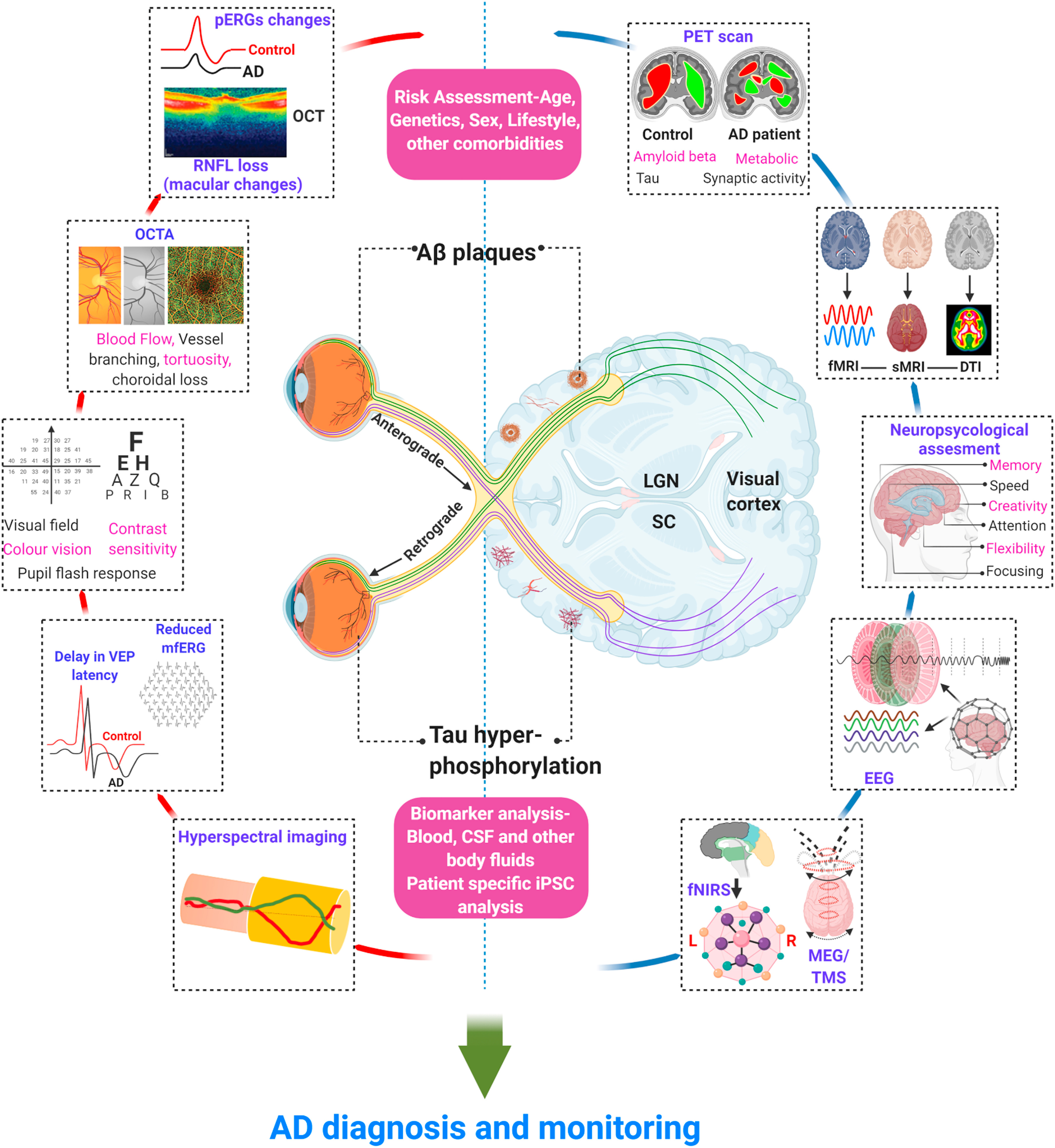Climate Change Science, Causes, Effects and Solutions for Global Warming, 2021, Pages 223-246
Community Mental Health Engagement with Racially Diverse Populations, May 2020, Pages 15-48
Earthquakes and Sustainable Infrastructure, Neodeterministic (NDSHA) Approach Guarantees Prevention Rather Than Cure, 2022, Pages 77-95
This article explores and advances understanding of cultural sensitivity in relation to Arctic tourism where local and Indigenous livelihoods and environments are tethered to dynamics of recent tourism growth and decline, climate change, and colonial power relations.



